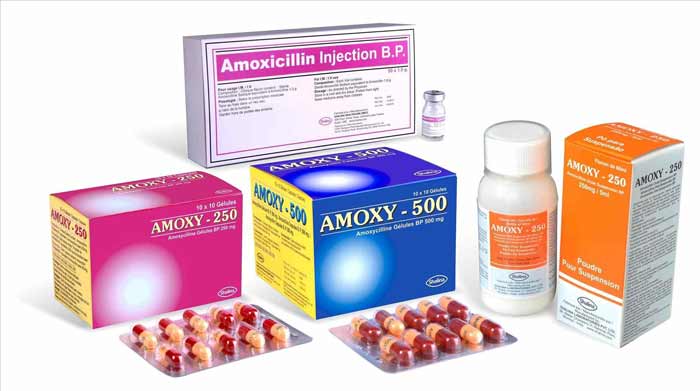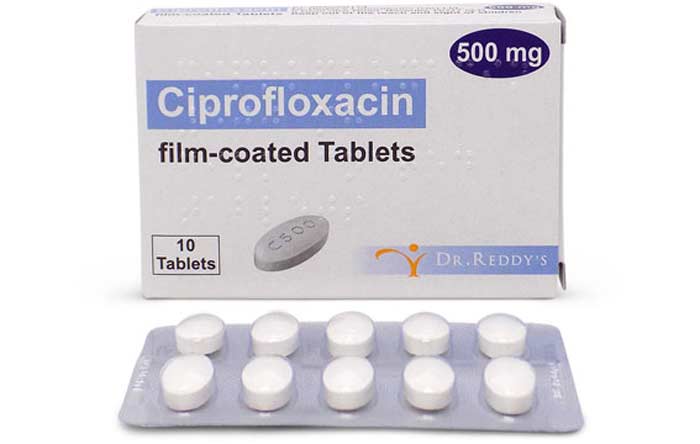There are various medications that you can consider to use when you have boils. They range from the pain relieving medication to antibiotics.
They usually act on the causative agents of the boils such as bacteria. This article will open to you some insight on how to choose an antibiotic and some of the best antibiotics available for use.
What Should you consider when Choosing Best antibiotics for Boils
There are various factors that you ought to consider so as to be able to effectively treat the boils on your skin. First and foremost, the antibiotic should be in sufficient concentrations in the particular part of the body where the boil is being treated.

The following are some of the important things that you could consider when you are choosing an antibiotic for your boil:
- The antibiotic should be able to inhibit the bacterium that is called staphylococcus intermedius. These bacteria strains produce substances called beta lactamases that are responsible for the inhibition of the functioning of the antibiotics.
- Apart from that, put into consideration the length of treatment with the antibiotic. Non-resolution is likely to set in when adequate time is not allowed for the treatment of the boil. Each infection should be treated for as long as about 7 days. The treatment should only stop after your doctor has confirmed that the boils are not a threat anymore.
- When beginning the therapy for the boils treatment, begin the therapy with oral cephalexin. The dose should be 22 mg/kg, two times in a day. You should also consider using topical chlorhexiderm shampoo so as to augment the initial treatment.[1]
Amoxicillin for Boils
According to the everyday health website, amoxicillin is a generic name of the drug Amoxil. It is used in the treatment of bacterial infections.
The drug is useful in treating the bacteria sensitive to the drug such as E. coli, staphylococcus, streptococcus and H. influenzae as well as H. pylori.

The use of the drug was first accepted by the Food and Drug Administration (FDA) in the year 1980s.
Currently, it is produced by many companies under various brand names. When you choose to use the drug, you should ensure that you take a full course.[2]
Boils on your skin are caused by the staphylococcus aureus. The bacterial infections form what are called pockets that get filled with pus and fluid that is full of dead bacteria, dead skin and white blood cells that are used to fight the infection.
The boil can be so large, as large as the golf ball and painful. The boil occurs in the various areas among them the buttocks, neck, armpits, groin and the face.
Small boils can be treated by simple methods but the large boils should be treated using antibiotics.[3]
The way amoxicillin works is by interfering with the ability of the bacteria to form its cell wall. The cell wall is essential for the growth and survival of the bacteria. The cell walls keep the unwanted and harmful substances from finding their way into the cells of the bacteria.
The amoxicillin is able to stick to the cell wall of the bacteria and then bind it together. In the consequence, there are holes that form on the cell wall. In the course of time thereby, the bacteria then are unable to survive and thus die.
According to user reviews on Healthtap.com, there are insights on the efficacy of the use of amoxicillin in boils treatment. The diversity of doctors believe that it is not very effective in the treatment and thus simple do it yourself techniques would be greater.
Ciprofloxacin for Boils
The use of ciprofloxacin would be useful in treating boils if the bacteria is sensitive to the drug. If it is not, then it would be hard to deal with the boils.

This antibiotic belongs to the broad category of antibiotics called quinolones. The way it kills bacteria is by the prevention and stoppage of the working of the bacterial enzyme that is known as DNA gyrase.
The enzyme is in most cases involved in the replication and repair of the DNA material of the bacteria. In the event that the bacterial enzymes are not able to work, then the bacteria are not able to repair themselves or reproduce.
What makes ciprofloxacin preferable over other antibiotics is because it could be used to treat a number of bacterial infections which are resistant to other antibiotics.
To be specific, the medication is useful in treating bacteria that are of the gram-positive category. The bacteria include shigella, Neisseria, salmonella and even pseudomonas.
Before your doctor gives you ciprofloxacin to use for boils, he will have to carry out a test to ensure that the bacteria are susceptible to the drug. This is done by taking a sample tissue.
Before you begin taking the antibiotic, there are things that you ought to consider. You should know that:
- It is important to complete the dose or course of ciprofloxacin treatment. When you stop the treatment on the way, you will have the infection attacking you yet again in future and become resistant to the antibiotic in the course of time.
- Watch out for the pain or inflammation that occurs in the course of the treatment with ciprofloxacin. This is because ciprofloxacin is linked to causing damage to the tendons. Allow the affected part to rest and then seek attention from the doctor.
- See the doctor immediately you realize that you experience diarrhea in the course of ciprofloxacin treatment. This is especially when the condition becomes more persistent and severe.
- Ciprofloxacin has the ability to increase the sensitivity of your skin to light. In that regard therefore, you should avoid exposing your skin to excess sunlight and sunbeds when you are taking the medication.
- Always take plenty of fluids in the course of ciprofloxacin intake. This reduces the chances of crystals forming in the in your urine.[4]
Other Oral and Over the Counter Antibiotics for Boils
The topical antibiotics being the first line treatment of the boils, there are various types of over the counter medications that are key. The following are some of them:
Mupirocin
This is a topical antibiotic belonging to the group called monoxycarbolic acid. It is very effective in the treatment of boils. The topical application is able to kill bacteria that are responsible for the skin infection.
This medication is very effective against the bacteria strain that is called Methicillin Resistant Staph Aureus among other types of bacteria.
This medication is in most cases important if you want to treat chronic infections. In this state, you are likely to carry the bacteria in the nasal passages, groins and this could lead to recurrent infection.
The application of the ointment is done three times in a day. You only require to use a small amount of the ointment to treat the infection.
You should use this treatment for up to two weeks. If you use the medication for longer than that, you will get resistance to the antibiotic. The common side effects are itching, stinging, itchiness and skin rashes.
Gentamicin
This is a wide or medically called broad spectrum antibiotic that you can use to treat boils. Any ointment that has this antibiotic is able to treat boils.
You are supposed to apply the ointment four times in a day for a period not more than two weeks. You risk developing resistance if you use the antibiotic for more than the prescribed time. It has less side effects when used topically.
There are some other oral antibiotics that you can take in the course of time. This is important in the event that the infection is very severe.
This is especially when the infection is in the areas that are sensitive for instance the genitals and face.
These kinds of therapy are also useful when the infections affect the deeper areas of your skin, and when there is a secondary infection. They include:
Penicillin
This is a group of antibiotics that are widely used to treat boils. They are among them flucloxacillin. You will be advised by your doctor to take these four times in a day
Further, take the medication an hour or two after you have taken meals.
You should avoid the use of this medication if you are sensitive to penicillin. This is because they would lead to other side effects that include liver problems, skin rashes, muscle pain, fever and even worse diarrhea.
Macrolide antibiotic
This group has the likes of erythromycin, that is used in the treatment of boils in the patients who are likely to have allergy to penicillin.
You should take this mediation orally three times in a day or as how your doctor will prescribe.
How long you will use this medication is based on how much severe the condition is. You should not take the medication with or immediately after you have taken fruit juices.
The common side effects include pains in the stomach, vomiting and rashes of the skin as well as diarrhea.[5]
References
[1] https://amrls.cvm.msu.edu/species-specific/pet/canine/choosing-an-antibiotic
[2] https://www.everydayhealth.com/drugs/amoxicillin
[3] https://www.drugs.com/health-guide/boils-and-carbuncles.html
[4] http://www.netdoctor.co.uk/medicines/infections/a28009/ciprofloxacin-uses-and-things-to-know/
[5] https://bpac.org.nz/BPJ/2012/may/macrolides.aspx




If you have a boil on the midline above the anus, you should NOT treat it with antibiotics.
If you do, there is a high chance it will develop into a fistula.
Instead it should be drained and cauterised.
This may seem counter-intuitive and old fashioned, but I can assure you that when i developed just such a perianal fistula many years ago, it took a lot of research to find this out – wading through many modern general surgery books whose authors did not know this before comin to the one that did cast light on the matter.
The standard surgery is unpleasant and consists of laying open the fistula and wiring the sphincter in the hopes of avoiding faecal incontinence. (I avoided this by using altMed, since conMed did not know any better).
Got boil on left side butt, very painful and getting bigger, can’t get to doctor to Monday, got bandaid with prid on it, about size of 1/2 dollar red and infected, only hurts when I sit, thinking of going to urgent care any advice? Got from sitting on ground deer hunting